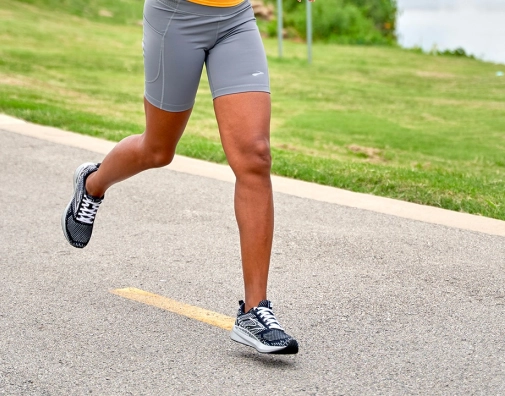
Your DNA: Sports & Flexibility

Flexibility:
Flexibility, an important aspect of physical fitness, is not just a matter of how often you stretch or engage in some form of yoga routines. In fact, genetics also have a significant impact on a person's natural flexibility and range of motion. This realization comes from studies centered on genes such as COL5A1 and ACTN3, which are closely involved in flexibility and muscle function.
For example, the COL5A1 gene is involved in the production of type V collagen, a protein that is important for the structure and strength of the body's connective tissues. Mutations in this gene can affect the elasticity of these tissues, leading to variations in flexibility among individuals. In a similar way, the ACTN3 gene impacts muscle contraction, where specific variants are thought to be associated with better performance in strength and speed activities, presumably at the expense of reduced flexibility.
Understanding the genetic factors involved in flexibility provides more than insight into why some people can effortlessly touch their toes while others cannot. It also has significant implications for personalized physical training and rehabilitation programs. In fact, understanding individual genetic predispositions will help practitioners target flexibility and range-of-motion exercises to improve physical performance and reduce the risk of injury.
In addition, genetic testing for these markers can guide individuals in choosing sports or activities where they are likely to excel or require focused training, by providing information about their natural strengths and areas for improvement. Such individualized approaches can also extend beyond athletic performance to include injury prevention, postural support, and overall physical well-being.
Sports Performance Test

This test provides a genetics-based report on your athletic performance, useful for optimizing your training and exercise. It is suitable for all levels of fitness.
Other Journal: DNA
VIEW MORE


